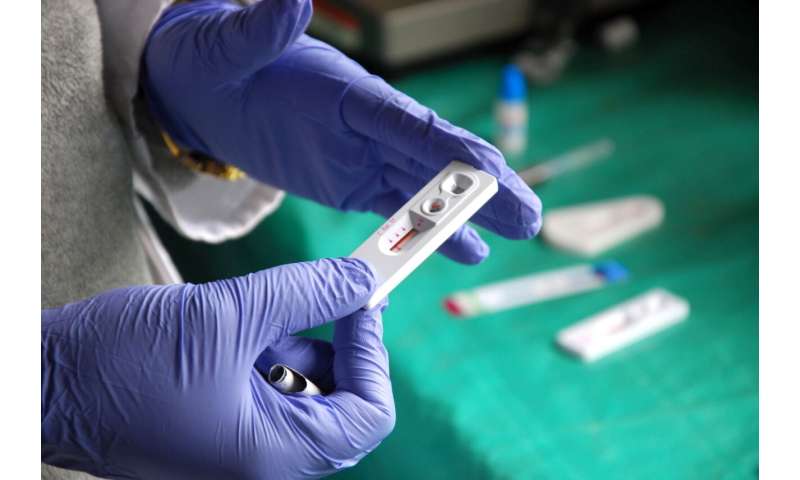Regulatory hurdles make HIV research less effective, experts say

A regulatory conundrum faces researchers trying to slow the spread of HIV among minors. Sometimes those researchers need consent from parents, a requirement that can leave some of the most endangered minors out of the picture.
Establishing a common set of rules for legally and ethically conducting HIV prevention research on minors is crucial to reducing the infection’s spread among young people, according to health experts at Rice University’s Baker Institute for Public Policy.
Quianta Moore, a fellow in child health policy at the Baker Institute, and Zeinab Bakhiet, a research associate for the Baker Institute’s Center for Health and Biosciences, outline their insights in a new paper, “Navigating the Regulatory Framework for HIV Prevention Research in Adolescents.” They say regulations that require parental consent perpetuate health disparities because “those who may be most at-risk for HIV acquisition are not included in the research needed to show efficacy.”
“High-risk adolescents may avoid seeking services if parental permission is required or (they) experience negative consequences from parents,” they wrote. “Not requiring parental permission may be an important component of ensuring equitable access to research for at-risk populations and optimizing research results.”
Different regulations apply depending on the type of research.
For example, “research studies regulated by the Federal Policy for the Protection of Human Subjects (also known as the “Common Rule”) typically require parental permission for studies of minors, but allow waiver of parental permission if certain conditions are met.” The Food and Drug Administration (FDA), however, regulates all clinical investigations for drugs and medical devices and is more restrictive than the Common Rule—it does not permit waivers of parental consent.
Source: Read Full Article
